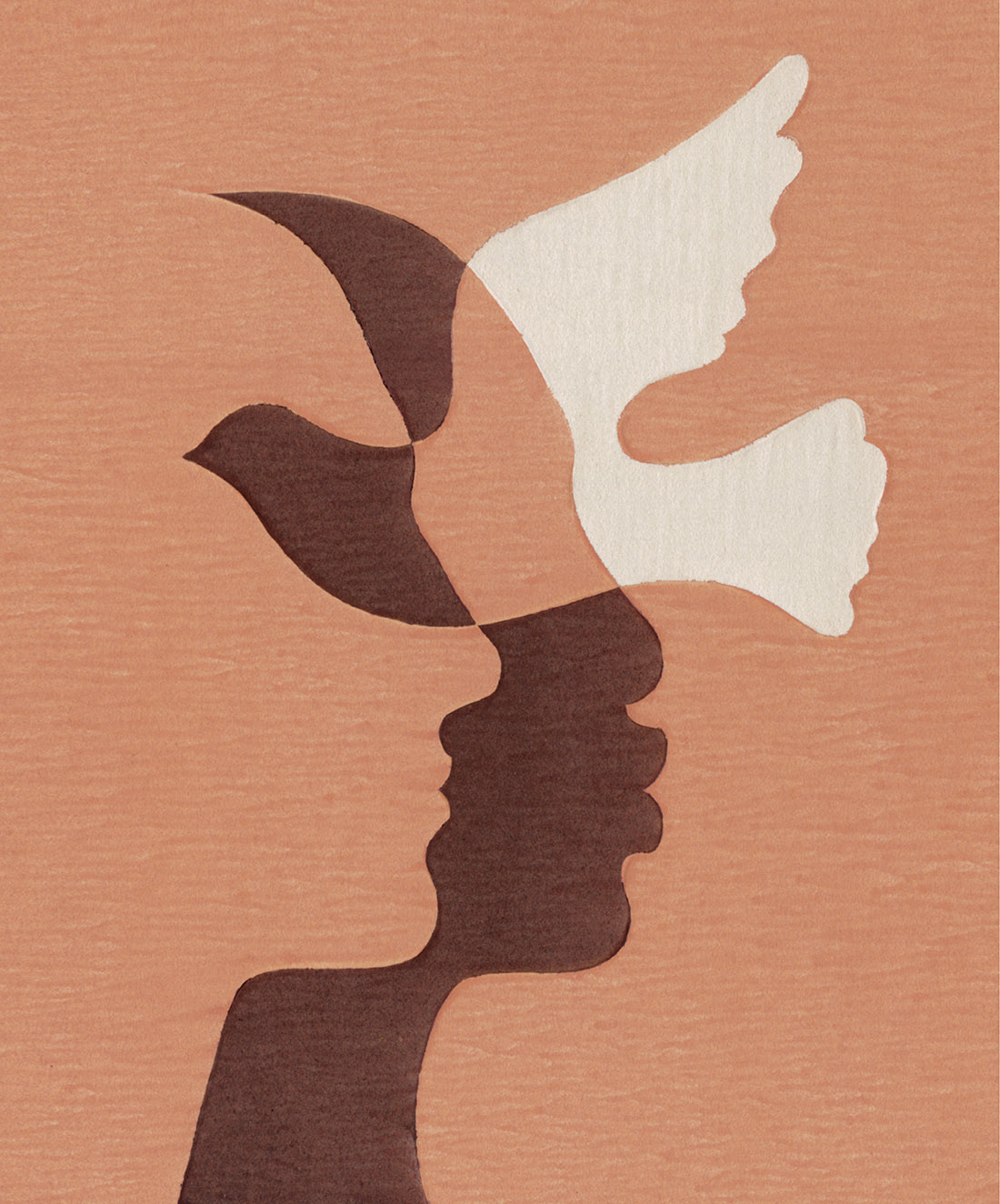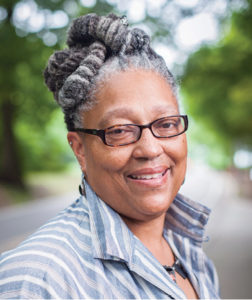By Dean Emilie M. Townes
EDITOR’S NOTE: Vanderbilt Divinity School received a $1 million grant from the Henry Luce Foundation last December to establish the Public Theology and Racial Justice Collaborative. Dean Emilie M. Townes is serving as the project’s director.

I have been trying to understand evil all my life—not the individual acts of sin, but what I call systemic evil like anti-Semitism, classism, racism, sexism and more. Through the years I have come to understand evil as a cultural production. By this I mean that I explore the ways in which a society can produce misery and suffering in relentlessly systematic and structural ways. We are, in many ways, imprisoned by the cultural production of evil, and I do not like it and think that none of us should accept it as the status quo for our lives.
This status quo is built on despair that we sometimes rationalize as being “realistic” about the ways in which the world and the people of it work. We then suffer from a kind of least-common-denominator sense of fairness and compassion that does not call us to live beyond our comfort zones or what we believe, or have been taught to believe, into a world that is vast—as God continues to spin out creation in our lives.
The Vanderbilt Divinity School Public Theology and Racial Justice Collaborative gives me an opportunity to join with others in our centuries-long attempt to eradicate racism and all its reciprocal forms of injustice and hatred. This is a particularly important moment to birth a collaborative such as this that seeks to be a hub for national conversation on public theology and racial justice. We hope to be both faithful and bold in engaging a broad spectrum of people and groups in examining and critiquing our existing social practices and cultural understandings through the lens of our religious insights, with the goal of fostering multiracial interreligious networks dedicated to working toward imagining and building a just society for all.
As a Southern, progressive university-based divinity school, Vanderbilt Divinity School is situated strategically to lead this project as a collaborative formed by networking with groups locally and across the United States that are working for racial justice. It emerged, in part, from Chancellor Nicholas S. Zeppos’ vision for strengthening the university’s commitment to equity, diversity and inclusion as well as the university’s 10-year Academic Strategic Plan, which calls on faculty and students to “address important problems and questions facing our community, our country and world.”
By bringing together activists, scholars and practitioners to engage students, faculty and community members here at Vanderbilt, Nashville and beyond, I am finding my way back to one morning watching civil rights protests on television with my mother. I asked her, “Mommy, why do people hate us? They don’t even know us. They don’t know me.” The look of pain, but determination, on my mother’s face is something I have carried with me for years—it was the look that many black parents in my generation gave to their children. It was the look, and then the verbal response, that said quite simply, “I don’t know, but I do know that you are a child of God, and because you are God’s own creation, you are a gift to the world. Don’t believe in hatred as a way of life.”

How do we help folks discover this gift—this gift that all of us have been shaped by in some measure? How do we embrace the idea that hatred is a bankrupt way to live one’s life? It is not only through the Racial Justice Collaborative’s fellowships and scholarships that help students engage in projects. It is not only in the workshops we will plan for the summer institutes. It is not only in helping people gain media savvy to talk about race and racism, and how we as religious scholars, activists and practitioners must work with every fiber of our beings to eradicate senseless fear and hatred.
I think it will be in the ways in which we meet with one another, face to face, to get to know each other and stop engaging in gross caricatures of each other as if they were fact. No post-truth, no alternative facts. It is to come in knowing one another through working together while focused on the task of ending racism as much as we can in this generation so that future generations can take up this work and carry it on.
The Rev. Emilie M. Townes is dean of Vanderbilt Divinity School and the E. Rhodes and Leona B. Carpenter Professor of Womanist Ethics and Society.